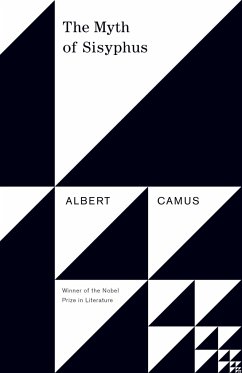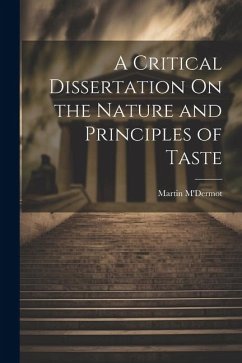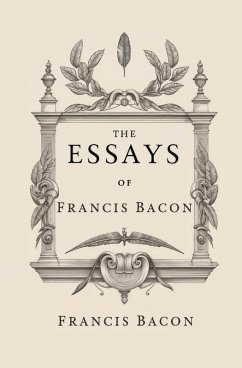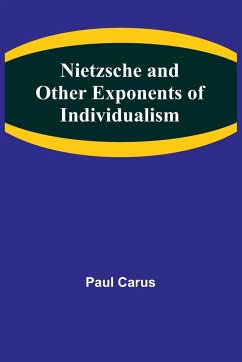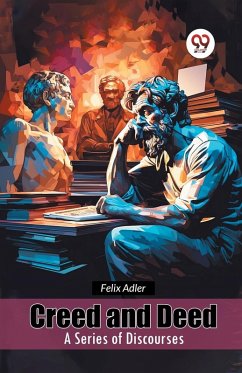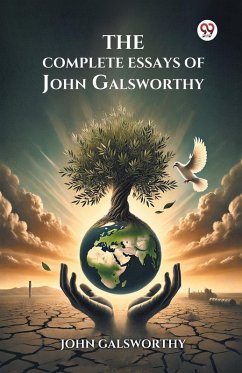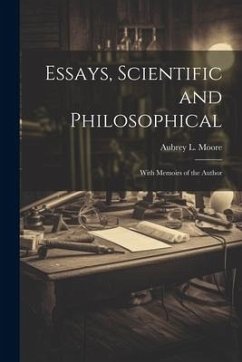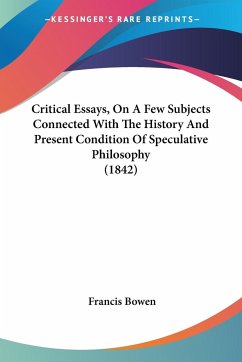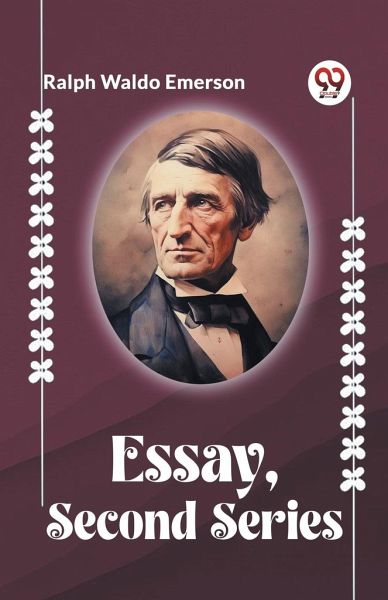
ESSAYS, SECOND SERIES
Versandkostenfrei!
Versandfertig in 1-2 Wochen
13,99 €
inkl. MwSt.
Weitere Ausgaben:

PAYBACK Punkte
7 °P sammeln!
The "Essays, Second Series" by using Ralph Waldo Emerson are a collection of philosophical writings that still look into transcendentalist ideas and deep elements of humans's lives. This collection expands at the topics Emerson touched on in his earlier work, presenting a more in-depth study individualism, spirituality, and how humans are associated with nature. As the primary work, Emerson essay "The Poet" talks approximately what introduction is and the way the poet's job is to peer the destiny and explain what is actual. "The Over-Soul" looks on the concept of a divine, all-encompassing tea...
The "Essays, Second Series" by using Ralph Waldo Emerson are a collection of philosophical writings that still look into transcendentalist ideas and deep elements of humans's lives. This collection expands at the topics Emerson touched on in his earlier work, presenting a more in-depth study individualism, spirituality, and how humans are associated with nature. As the primary work, Emerson essay "The Poet" talks approximately what introduction is and the way the poet's job is to peer the destiny and explain what is actual. "The Over-Soul" looks on the concept of a divine, all-encompassing team spirit that ties all living matters together. It shows how humans and the spiritual world are related. In "Circles," Emerson writes approximately how behavior is cyclical and how lifestyles are always moving ahead. He encourages readers to simply accept alternate and increase. "Self-Reliance" and "The Conduct of Life" additionally returned Emerson's belief in man or woman intuition and self-agreeing with, telling human beings to be real to who they're and living an honest existence. Emerson's writing in "Essays, Second Series" is still known for its poetic and eloquent fashion, which captivates readers with deep mind and timeless records. It keeps to persuade writers, thinkers, and religious seekers, proving Emerson position as a key figure in American transcendentalism.





